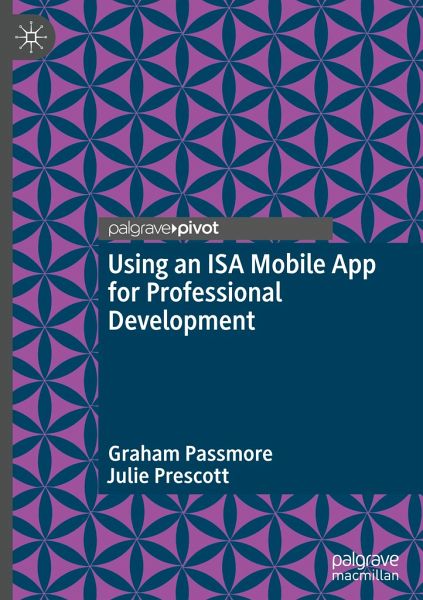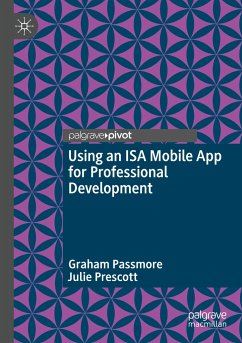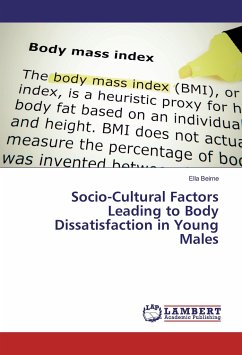
Using an ISA Mobile App for Professional Development
Versandkostenfrei!
Versandfertig in 6-10 Tagen
53,49 €
inkl. MwSt.
Weitere Ausgaben:

PAYBACK Punkte
0 °P sammeln!
Building on our prior ISA-based Palgrave pivot, the aims of the book are twofold. One, to showcase a newly developed App as a tool in the use of Identity Structure Analysis (ISA) for researchers interested in identity. Second, the book will focus on the use, of a counselling supervision ISA instrument in order to highlight the benefits of ISA for professional development (PD) for any profession. The idea is that any researcher interested in professional and or personal development would be able to use the proposed book to aid them in either a supervision style process of development or the mor...
Building on our prior ISA-based Palgrave pivot, the aims of the book are twofold. One, to showcase a newly developed App as a tool in the use of Identity Structure Analysis (ISA) for researchers interested in identity. Second, the book will focus on the use, of a counselling supervision ISA instrument in order to highlight the benefits of ISA for professional development (PD) for any profession. The idea is that any researcher interested in professional and or personal development would be able to use the proposed book to aid them in either a supervision style process of development or the more standard one-to-one annual/biannual approach to PD. Through using ISA in PD, the book and its attendant analyses will encourage discussion, facilitate openness, and highlight potential issues that may lead to burnout, mental health issues, leaving a profession or additional risks. That is, the book will be oriented to informing researchers as to the potential ISA, the App, and the supervision instrument hold for directing PD.














